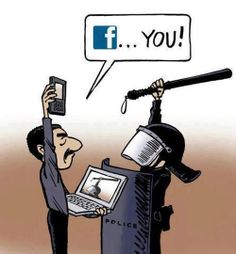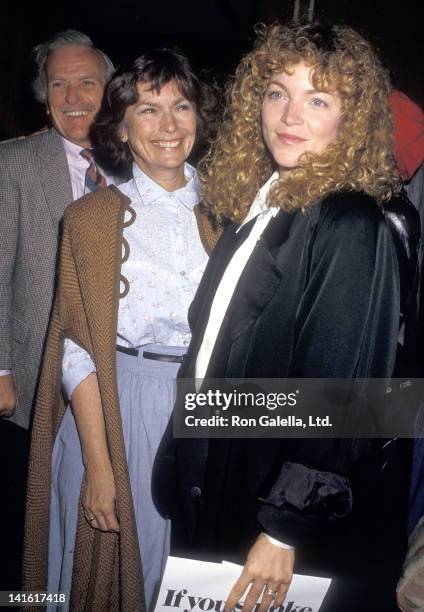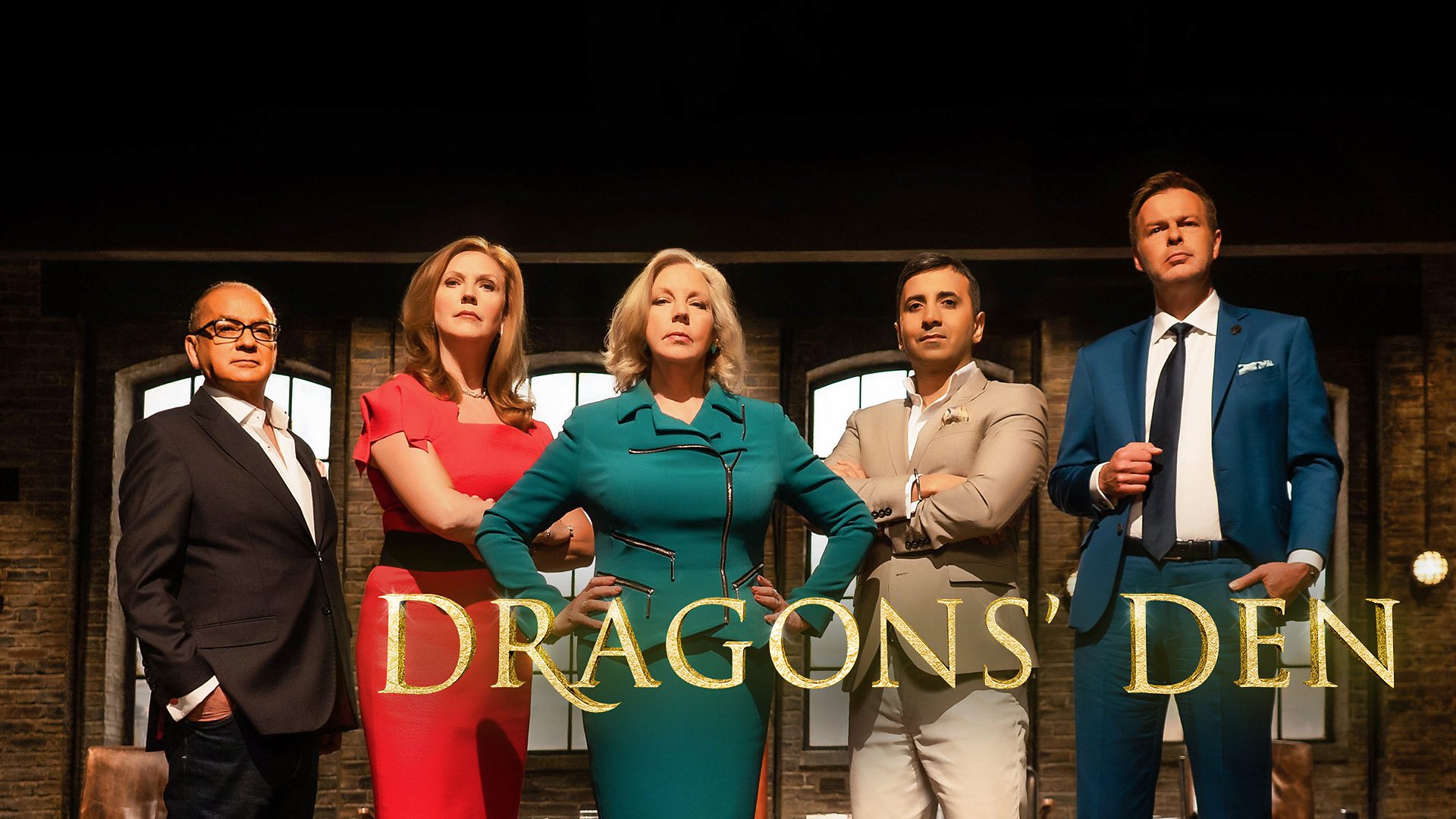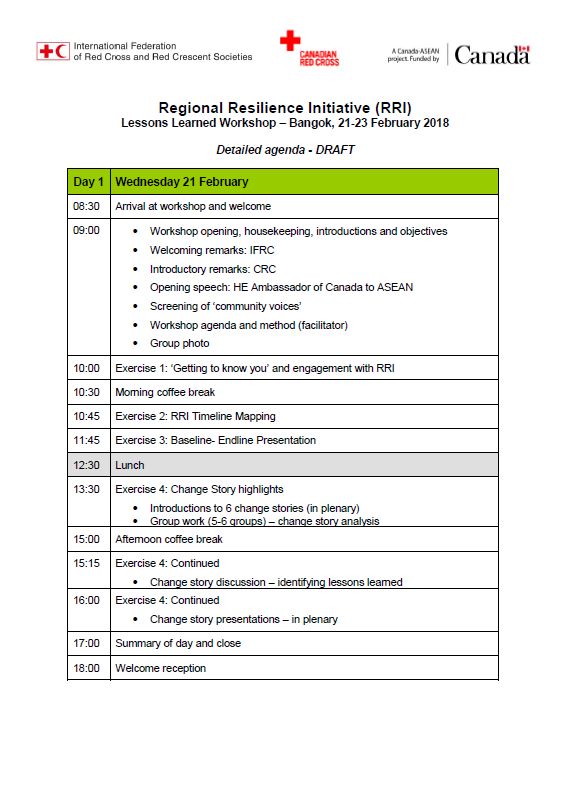Free Speech Probe Into Police Officer's Social Media Post

Table of Contents
H2: The Officer's Social Media Post and its Content
The social media post in question, shared on Facebook on July 15th, 2024, contained a statement expressing frustration with a recent court decision that dismissed charges against a known gang member. The post, which included an image of the court building, used strong language critical of the judicial system and the defendant. While the officer did not explicitly name anyone, the context made it clear who the post referenced.
- Specific language used: The post contained phrases like "disgraceful miscarriage of justice" and "complete joke," showing clear disapproval.
- Target audience: While publicly shared, the post seemed targeted towards other law enforcement officers within the officer's network.
- Platform: Facebook.
- Time and date: July 15th, 2024.
- Images or videos: A photograph of the courthouse was included.
This seemingly innocuous post, however, raised concerns because of its potential to violate departmental policies regarding officer conduct and online behavior. The analysis below examines whether the officer's actions crossed the line.
H2: Legal Implications of the First Amendment
The First Amendment protects freedom of speech, but this protection is not absolute, especially for government employees. While police officers have free speech rights, these rights are subject to limitations when their speech interferes with their professional duties or negatively impacts their employer's reputation. Several Supreme Court cases have shaped this legal landscape, most notably Pickering v. Board of Education (1968).
- Key precedents: Pickering v. Board of Education established the "Pickering test," which balances the employee's free speech rights with the government's interest in maintaining efficient public services. Garcetti v. Ceballos (2006) further clarified that speech made pursuant to official duties is not protected.
- Public vs. Private Sector: Public sector employees, like police officers, have less expansive free speech protections than private sector employees.
- The "Pickering" Test: This test weighs the employee's interest in speaking freely against the government employer's interest in maintaining discipline and efficiency. In this case, this must be considered in light of the post's potential impact on the department.
- Official Capacity: Determining whether the speech was made in the officer's official capacity is crucial. Given the officer's strong stance related to their job and shared frustrations with a professional context, arguments can be made on both sides of this point.
H2: Impact on Public Trust and the Police Department's Image
Maintaining public trust in law enforcement is paramount. A police officer's social media posts, especially those expressing strong opinions, can significantly impact this trust. The officer's post, though not overtly inflammatory, could be perceived as biased and disrespectful to the judicial system, potentially eroding public confidence.
- Public perception: The post could be seen as undermining public faith in both the officer and the department.
- Community relations: The post's tone might alienate segments of the community, particularly those who might have supported the defendant or the court's decision.
- Recruitment and retention: Such incidents can create a negative perception making it harder to attract and retain qualified officers.
- Strategies for repairing damage: The department might need to issue a public statement clarifying its stance, emphasize impartiality, and engage in community outreach to rebuild trust.
H3: Internal Investigations and Potential Disciplinary Actions
Police departments typically conduct internal investigations following allegations of misconduct. This involves collecting evidence, interviewing witnesses, and reviewing department policies.
- Steps involved: Review of the post, interviews with the officer and possibly witnesses, examination of departmental policies.
- Applicable policies: The department's social media policy, code of conduct, and general guidelines on professional behavior are all relevant.
- Potential disciplinary outcomes: Consequences could range from a verbal warning to suspension or even termination, depending on the severity of the infraction and the officer's disciplinary record.
- Due process rights: Throughout this process, the officer is entitled to due process, including the right to be informed of the charges and to present a defense.
H2: Balancing Free Speech and Professional Responsibility
Balancing an officer's right to free speech with their professional obligations is a complex challenge. Clear guidelines and training are essential.
- Best practices: Officers need clear guidance on acceptable online behavior, emphasizing professionalism, neutrality, and avoiding potentially inflammatory statements.
- Social media policies: Departments should create comprehensive social media policies explicitly addressing appropriate online conduct for officers.
- Training programs: Regular training on responsible social media use is critical to equip officers with the knowledge to navigate the complexities of online communication.
3. Conclusion
This case highlights the intricate balance between police officers' First Amendment rights and their professional responsibilities in the digital age. The potential impact of social media posts on public trust and the department's image cannot be ignored. Clear social media policies, coupled with thorough training, are crucial for law enforcement agencies to effectively manage this challenge while upholding officers' free speech rights. The outcome of this investigation will likely serve as a precedent for future cases, further shaping the understanding of free speech for police officers and their online behavior. Engage in a thoughtful discussion about the issues raised in this article. Share your thoughts on how to best address the challenges of police officer social media posts and the protection of free speech rights. Further research into "free speech" and "police officer social media" will help inform better policies and practices, ensuring a balance between individual rights and professional conduct.

Featured Posts
-
 Michael Sheens Million Pound Giveaway Details Revealed
May 01, 2025
Michael Sheens Million Pound Giveaway Details Revealed
May 01, 2025 -
 100 Year Old Actress Priscilla Pointer Known For Carrie And Amy Irvings Mother Dies
May 01, 2025
100 Year Old Actress Priscilla Pointer Known For Carrie And Amy Irvings Mother Dies
May 01, 2025 -
 Understanding The Dragons Den Process From Application To Investment
May 01, 2025
Understanding The Dragons Den Process From Application To Investment
May 01, 2025 -
 Rain And Storms Threaten Kentucky Derby Churchill Downs Readiness
May 01, 2025
Rain And Storms Threaten Kentucky Derby Churchill Downs Readiness
May 01, 2025 -
 The 2012 Louisville Tornado Lessons Learned And Community Resilience
May 01, 2025
The 2012 Louisville Tornado Lessons Learned And Community Resilience
May 01, 2025
